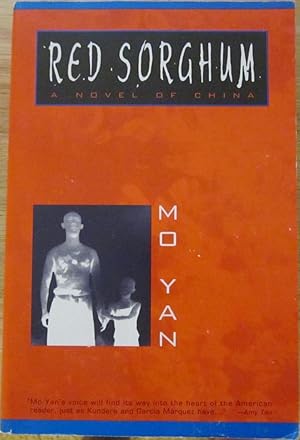

And in Stockholm before receiving the prize, Mo Yan spoke up in favour of censorship: it was, he said, a bit like airport security. He had participated in a public ceremony in which he copied out several Chinese characters from Mao’s Zhdanovite ‘Talk at the Yan’an Forum on Literature and Art’, a text which declared the subservience of literature to the class struggle. He was vice chairman of the China Writers’ Association. He had been a member of the Communist Party since 1979. He was an established figure in Chinese literary officialdom.

Mo Yan’s dissident reputation in the West, it turned out, was false. Li Changchun, minister of propaganda, wrote to congratulate Mo Yan on a victory that ‘reflects the prosperity and progress of Chinese literature, as well as the increasing national strength and influence of China’.

Rather than taking it as a targeted affront, as it had with the Peace Prize awarded to Liu Xiaobo two years earlier, the Chinese Communist Party was ecstatic. But this time the Nobel’s literature-politics mix came out all wrong. Last year the Academy did indeed give Mo Yan the prize. ‘The Swedish Academy, which leaps at any chance to mix literature with politics,’ he concluded, ‘might well find in Mo Yan just the right writer through whom to send a message to the Chinese Communist leadership.’ Here was a liberal voice in repressive China. Jonathan Yardley of the Washington Post praised Mo Yan for having ‘spoken out courageously for freedom and individualism’. In the preface, Howard Goldblatt, Mo Yan’s longtime translator and advocate, reported that it had provoked anger on the mainland among ideologues for humanising the Japanese soldiers who invaded Manchuria, though there can’t have been very much anger because the novel wasn’t banned, or even expurgated. It hit all the right notes: it was a historical saga of modern China featuring a proliferation of stories, it was unceasingly violent and nasty, and it came near to puncturing Party myths.

When the English translation of Mo Yan’s novel Big Breasts and Wide Hips (1996) was published in 2004, it was seen by some critics as his bid for global literary prestige.


 0 kommentar(er)
0 kommentar(er)
